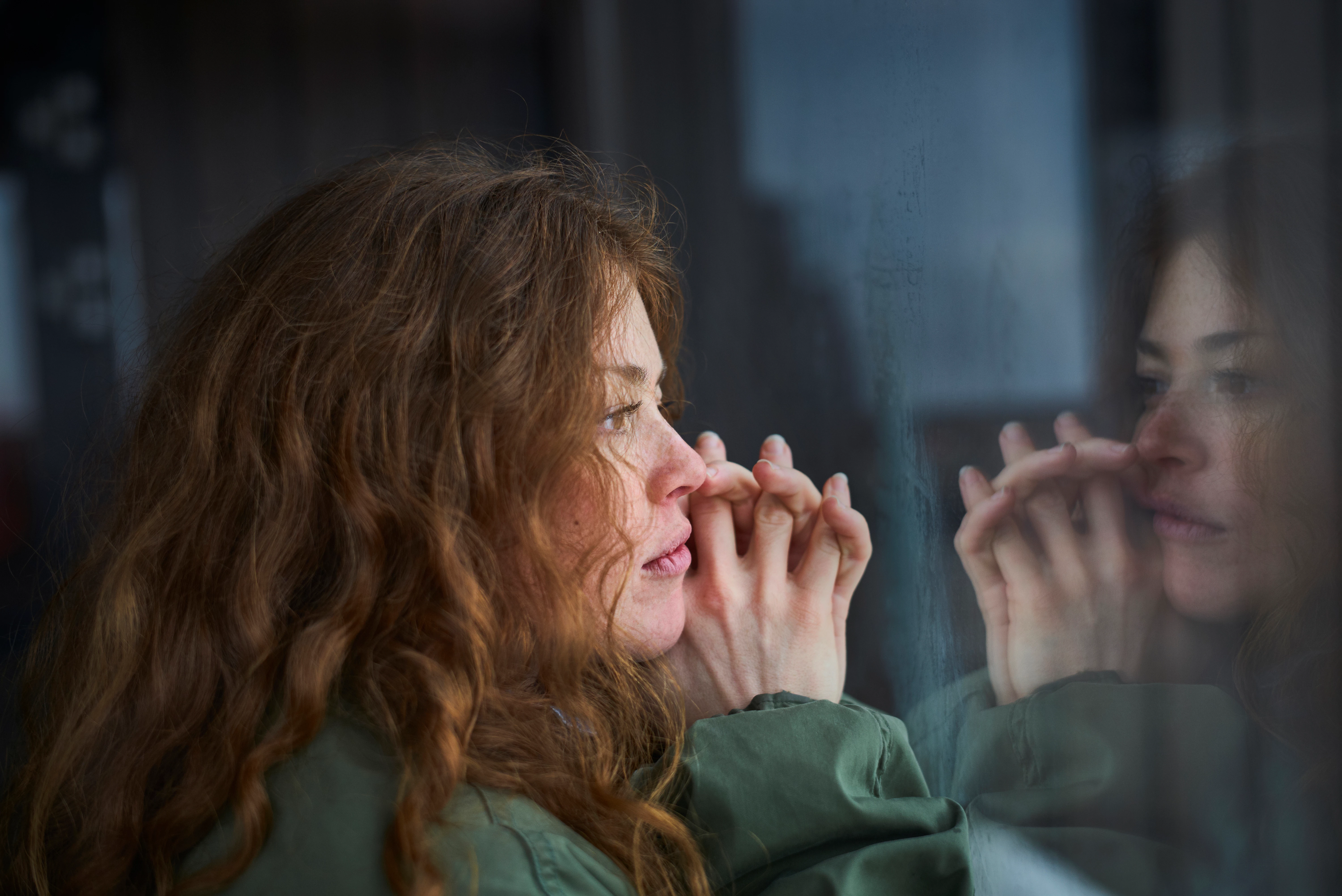Select your country
Websites worldwide
Select a country to go to the website of the respective STADA sales company.
Australia (1)
Austria (1)
Belarus (1)
Belgium (1)
Bosnia-Herzegovina (1)
Bulgaria (1)
China (1)
Croatia (1)
Czech Republic (2)
Denmark (1)
France (1)
Hungary (1)
Ireland (1)
Italy (1)
Montenegro (1)
Netherlands (2)
Poland (1)
Portugal (1)
Romania (1)
Saudi Arabia (1)
Serbia (1)
Slovakia (1)
Slovenia (1)
Spain (1)
Switzerland (1)
Thailand (1)
The Phillippines (1)
United Kingdom (3)
Vietnam (2)

Our mental well-being is just as important as our physical health, as recently highlighted by the pandemic and the impact precautionary measures like lockdowns have had on Europeans’ lives, which we explored in the Health Report 2022.
With the pandemic behind us, how are the people in Europe coping today?
Have they been able to recuperate from what we then considered “the new normal”? And how are current global challenges playing into this?

Mental health improves across the board
There is reason to celebrate: in comparison to 2022, the quality of mental health has improved by a total of 10 percentage points across the continent. Today, 67 percent of Europeans rate their mental health as “good” or “very good”, 23 percent describe theirs as “fair” and less than 1 in 10 as “poor”. Among men, 73 percent describe their mental health as good, compared to 62 percent of women.
Mental health also appears to improve with age and is significantly higher among those who are financially comfortable (73) than those who are struggling with money (56). In comparison to the people around them, 66 percent of Europeans think their mental health is better, 1 in 5 (19) consider theirs worse and 15 percent are unsure.
Romania (86) and Serbia (80) are the trailblazers of good mental health in Europe – both have improved significantly in comparison to 2022 (Romania +15 percentage points, Serbia +22 percentage points). None of the participating countries recorded a decline in mental health over the past 12 months, although the Netherlands and the UK both saw a very small increase of one percentage point.
The lowest mental health ratings are found in Poland, the Czech Republic and the UK, where only 57 percent rate their mental health as “good”. In addition to a low overall rating, almost 1 in 5 (19) people in the UK explicitly describe their mental health as “poor”.


Sleep quality on the rise despite crises
Along with overall mental health, quality of sleep is on the rise as well – 7 in 10 now say they get a good night’s rest. This compares to 65 percent in 2022. Almost all participating countries have benefited from this trend, with Kazakhstan and Serbia recording the most significant increase in sleep quality (KAZ 87 percent, +10 pts vs 2022; SER 77 percent, +8 pts vs 2022). In Uzbekistan, people also seem to enjoy excellent sleep quality (87). In Switzerland (66 percent, -6 pts vs 2022), Poland (64 percent, -3 pts vs 2022) and Portugal (64 percent, -1 pt vs 2022), quality of sleep has remained mostly stable.
As with their mental health, people in the UK also report the lowest sleep quality (59). However, there is no immediate indication that poor mental health necessarily stipulates poor quality of sleep, as Poland and the Czech Republic, although low in terms of mental health, have just below average or even above-average sleep quality.
Though the majority of Europeans sleep well, possible consequences of lack of sleep tend to be underestimated: 46 percent do not know that too little rest can cause increased levels of anxiety, lead to depression (46) or even elevate risks of cardiovascular disorder (78).


Fear for loved ones weighs heaviest on Europeans’ minds
While sleep quality is on the rise overall, there is still plenty on the European population’s minds. When asked specifically about their most pressing worries, most Europeans cite the idea of losing family members or friends as their top concern (60). Health issues come second (53 percent).
Women tend to worry more than men – especially about losing a loved one, personal finances (+9 percent each vs men), as well as health issues (+7 percent). Europeans with poor mental health are more concerned about finances (+22 percent vs people with good mental health), losing their job (+12 percent) and about their own health (+10 percent).

“Who can I talk to about mental health problems?”
With all that is weighing on their minds, who do Europeans confide in about their sorrows? Friends or family (49) and their partner (47) are the first port of call for the majority of Europeans. GPs follow in third place (13). Less than 1 in 10 (9) say they talk to a mental health professional about their worries. One fifth of Europeans (22) keep things bottled up and do not talk with anyone about what is bothering them – a considerable increase from just 12 percent in 2022.
Despite all challenges, the majority of Europeans are optimistic about the future of their mental health: 62 percent are convinced it will remain stable, and over 1 in 4 (27) reckon it might even increase compared to today. Among young Europeans between the ages of 18 and 34, almost half feel their mental health will improve over time (47) – among 34-54-year olds, the figure is just over 1 in 4 (27), and only 11 percent of those aged 55 and over expect their mental health to change for the better.











